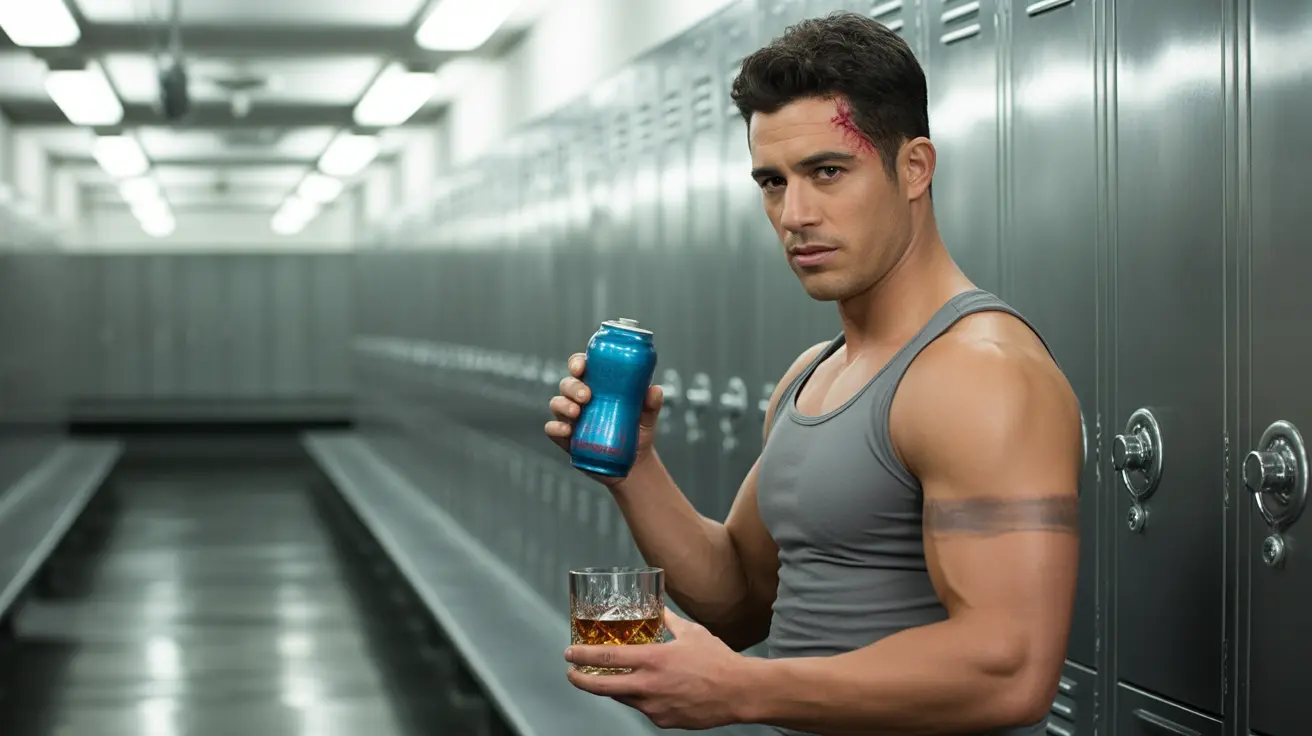If you're dedicated to your fitness routine, you might wonder about the impact of having a drink after hitting the gym. The relationship between post-workout alcohol consumption and exercise results is complex, involving multiple factors that affect your body's recovery and ability to build muscle.
Understanding how alcohol influences your post-workout recovery is crucial for making informed decisions about your fitness journey. Let's explore the various ways alcohol can affect your exercise results and what you should consider before reaching for that post-workout drink.
How Alcohol Affects Your Post-Workout Recovery
When you exercise, your body undergoes various processes to repair and strengthen muscles. Alcohol can interfere with these natural recovery mechanisms in several important ways:
Impact on Muscle Protein Synthesis
After strength training, your body activates muscle protein synthesis (MPS) to repair and build new muscle tissue. Alcohol can significantly reduce this process by:
- Decreasing protein synthesis signals
- Interfering with muscle repair mechanisms
- Reducing the effectiveness of post-workout nutrition
Dehydration and Recovery
Exercise already depletes your body's water stores, and alcohol can further compound this effect by:
- Acting as a diuretic, increasing fluid loss
- Reducing your body's ability to rehydrate effectively
- Slowing down the delivery of nutrients to recovering muscles
Effects on Post-Exercise Hormones
Your hormonal balance plays a crucial role in recovery and muscle growth. Alcohol consumption can disrupt several key hormones:
- Testosterone production may decrease
- Cortisol levels can increase
- Growth hormone secretion might be impaired
Sleep Quality and Recovery
While alcohol might make you feel sleepy, it can significantly impact sleep quality, which is essential for recovery:
- Disrupts deep sleep phases
- Reduces overall sleep quality
- Interferes with muscle recovery during rest
Guidelines for Alcohol and Exercise
If you choose to drink after working out, consider these recommendations:
- Wait at least 1-2 hours after exercise before consuming alcohol
- Ensure proper hydration before drinking
- Limit alcohol consumption to moderate amounts
- Prioritize post-workout nutrition first
Frequently Asked Questions
Does drinking alcohol right after a workout ruin muscle growth and recovery?
While occasional moderate drinking may not completely derail your progress, consuming alcohol immediately after exercise can impair muscle growth and recovery by reducing protein synthesis and interfering with cellular repair processes.
How does alcohol affect muscle protein synthesis after exercise?
Alcohol can decrease muscle protein synthesis by up to 37%, significantly impacting your body's ability to repair and build new muscle tissue after a workout.
Can drinking alcohol after exercise lead to dehydration and slower recovery?
Yes, alcohol's diuretic effects can worsen post-exercise dehydration, potentially leading to slower recovery times and increased muscle soreness.
What impact does alcohol have on sleep and hormones important for post-workout recovery?
Alcohol can disrupt sleep patterns and hormone production, including testosterone and growth hormone, which are crucial for muscle recovery and growth after exercise.
Is it safe to have a small amount of alcohol after working out, or should it be avoided altogether?
While it's best to avoid alcohol immediately after exercise, occasional moderate consumption (after allowing time for initial recovery) is unlikely to significantly impact your long-term fitness goals. However, if optimal performance and recovery are your priorities, it's better to abstain or delay drinking.
The key is making informed decisions about when and how much you drink, always prioritizing proper post-workout nutrition and hydration first.




